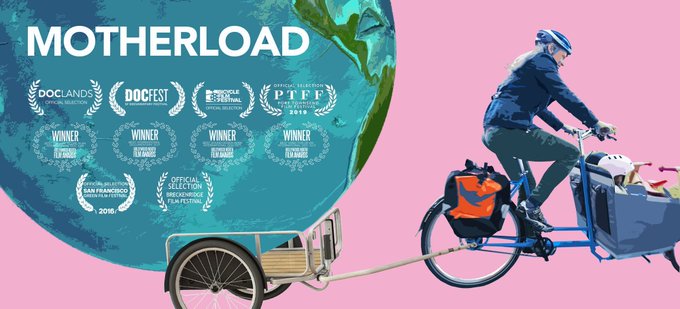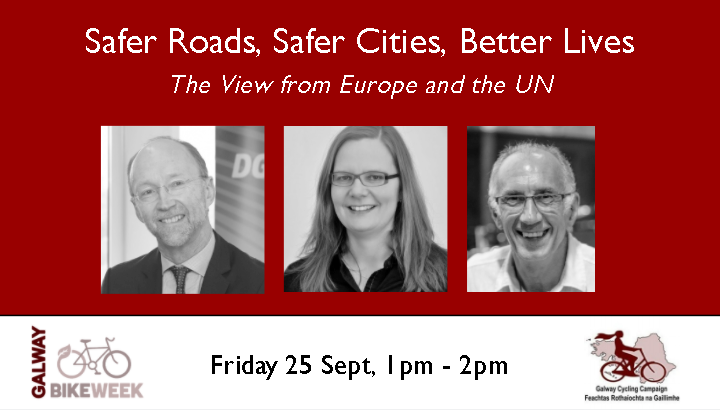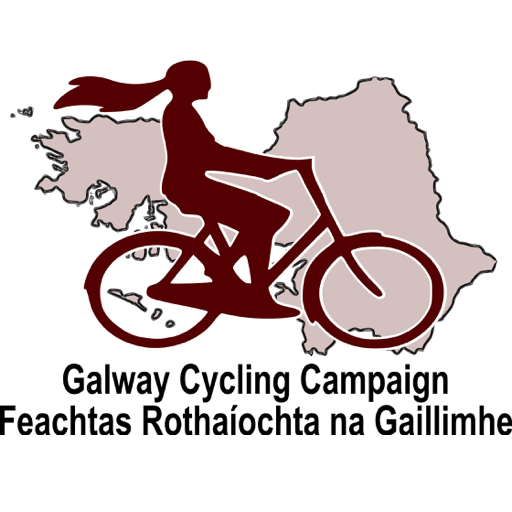Tag: transport
-

Virtual community screening / MOTHERLOAD, the movie: a covideo party and Zoom Q&A with director Liz Canning
Our grand finale to Bike Week 2020 is hosting MOTHERLOAD as a virtual community screening and covideo party. We’re delighted that director Liz Canning will join us for a Q&A […]
-

Lunchtime webinar / Safer Roads, Safer Cities, Better Lives: The view from Europe and the UN
Decisions made by the European Commission and the UN have an impact on the road design and safety of our urban roads, residential streets, and bóithirín. Insights into the impact […]
-
A warm welcome to Minister Hildegarde Naughton
Galway Cycling Campaign warmly welcomes the news that Hildegard Naughton will serve as Junior Minister in the Department of Transport in An Taoiseach Micheál Martin’s Government. Kevin Jennings, chairperson of […]
